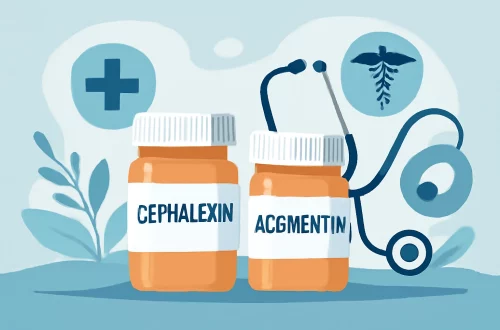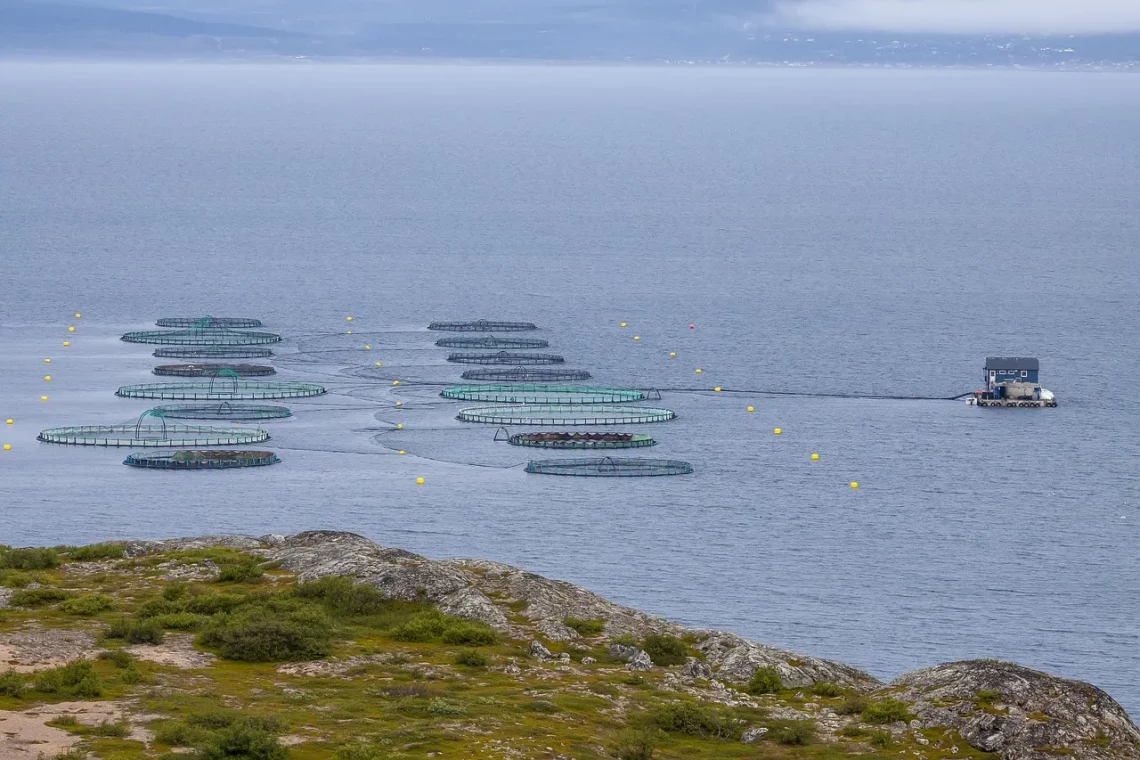-
The Pros and Cons of Flushable Tampons for Eco-Friendly Period Care
The conversation around eco-friendly period care has gained momentum in recent years as more individuals seek sustainable alternatives to traditional menstrual products. Flushable tampons have emerged as a potential solution, promising convenience alongside environmental benefits. However, as with any product, they come with their own set of advantages and disadvantages. The idea of a product that can be flushed down the toilet appeals to many, especially those who prioritize ease of use and cleanliness. Yet, the environmental implications and practical considerations of such products are not as straightforward as they may seem. Understanding the complexities of flushable tampons involves exploring their materials, disposal methods, and impact on both personal health…
-
Can You Flush Condoms? What You Need to Know About Proper Disposal
In today’s world, where sustainability and environmental awareness are at the forefront of many discussions, the proper disposal of everyday items has become increasingly important. One such item that often raises questions is the condom. While they are essential for safe sexual practices, the question of how to dispose of them correctly is often overlooked. Many people may be tempted to flush condoms down the toilet, believing it to be a convenient solution. However, this seemingly simple action can lead to significant issues, not just for individual plumbing systems but also for broader environmental concerns. When condoms are flushed, they can cause blockages in pipes, leading to costly plumbing repairs…
-
The Surprising Benefits of Fish Waste in Aquaculture and Gardening
The sustainable management of resources is becoming increasingly crucial in our modern world, where environmental concerns and food security are at the forefront of global discussions. Among the myriad of practices being explored, aquaculture—the farming of fish and other aquatic organisms—has gained significant attention as an efficient means of producing protein. However, while fish farming offers various advantages, it also generates a substantial amount of waste. This waste is often viewed negatively, yet recent studies and practices reveal its surprising potential benefits, especially when applied in gardening and agriculture. Fish waste, comprised of uneaten food, feces, and other organic matter, has been traditionally discarded, leading to pollution and adverse environmental…











